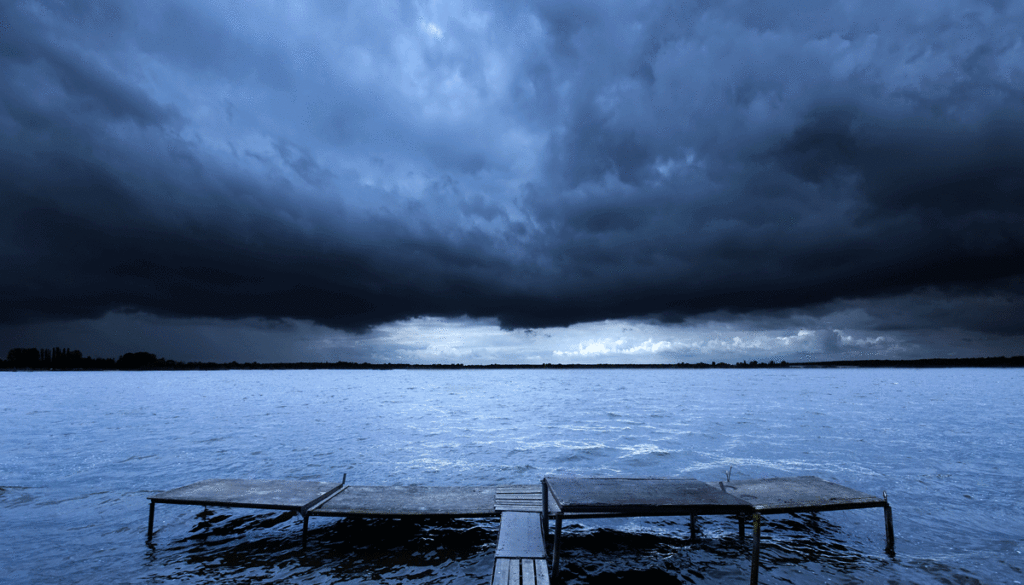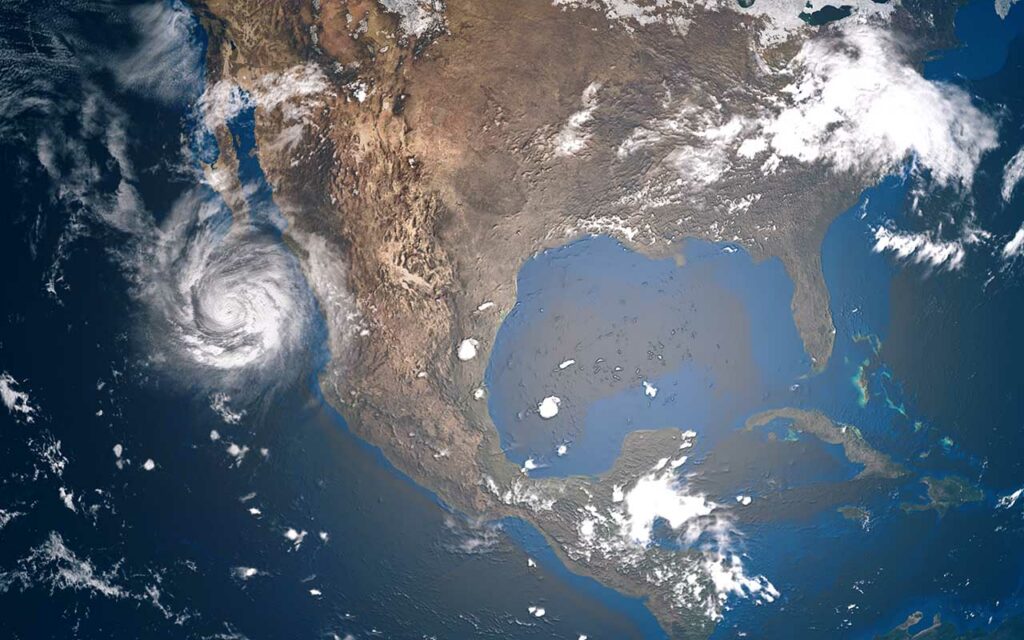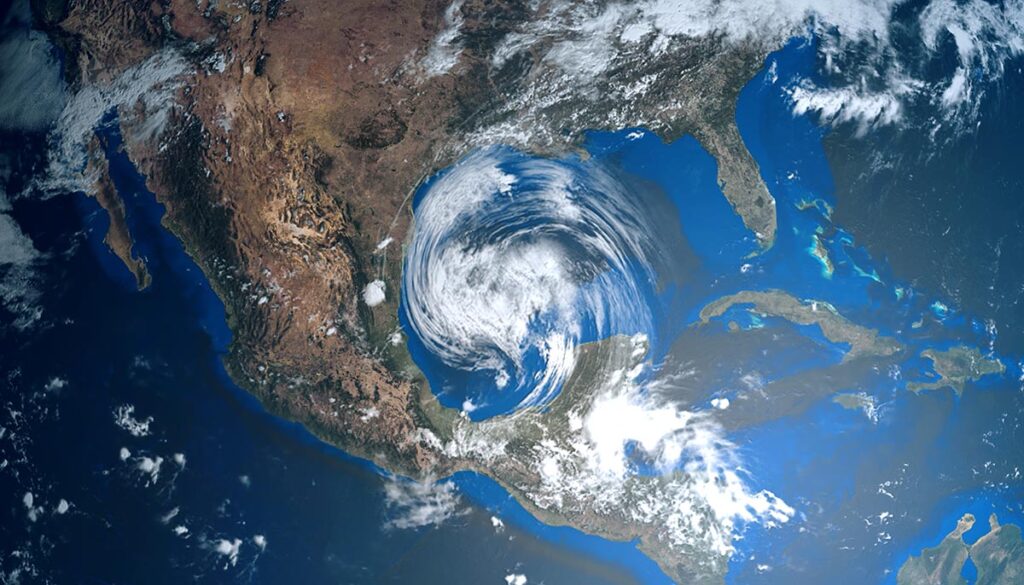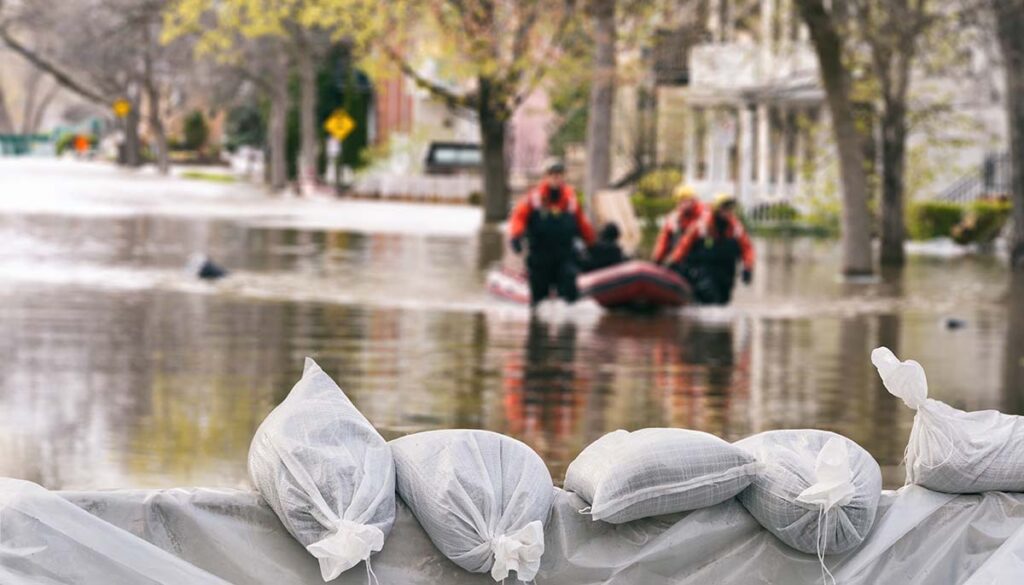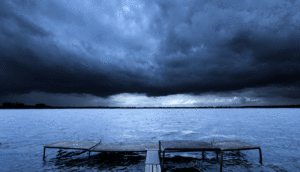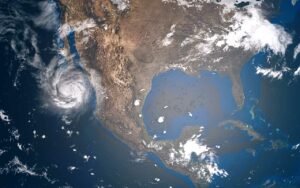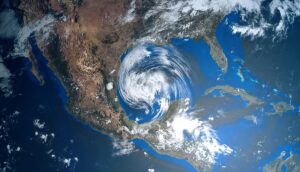Amid war in Ukraine, Russian President Vladimir Putin put his nuclear forces on the highest alert level, and the question arises whether he would press the button. If so, how could nuclear war affect the climate?
What effect would nuclear war have on the climate?
This week, the Intergovernmental Panel on Climate Change (IPCC), a study backed by the United Nations, issued its latest report on climate change, proclaiming some locations on the planet will become too hot for species living there to survive.
“With climate change, some parts of the planet will become uninhabitable,” the report claimed, USA Today reported. According to the findings, the warming already brought about by climate change is affecting more than weather or ecosystems; people are suffering and dying due to the conditions.
Therefore, what effect would thermonuclear explosions have on a planet that is already suffering from too much heat?
NASA uses computer model to simulate the effect of nuclear war on climate
Two weeks ago, a NASA scientist attended a meeting of the American Association for the Advancement of Science (AAAS) in Washington. A discussion was held on what response the climate would have to a regional nuclear war, NASA reports.
The panel discussed using a NASA computer simulation data to illustrate how black carbon aerosols emitted during nuclear contracts would impact the climate.
“A nuclear event produces soot, and that results in very different climate impacts,” said Luke Oman, who is a climate scientist at NASA’s Goddard Space Flight Center in Greenbelt, Maryland.
Nuclear war would cool the planet, NASA finds
In the study, the scientists used the scenario of 100 Hiroshima-sized bombs, which would inject upward of 5 teragrams (megatons) of black carbon particles into Earth’s upper troposphere from the resulting fires.
Oman compared the difference between how a volcanic eruption affects the atmosphere and what might happen in a nuclear war. Oman said that while sulfate particles from a volcano might warm the air of the upper atmosphere by a couple of degrees, the black carbon soot from a nuclear explosion absorbs heat from the sun and can lead to much more atmospheric warming.
However, soot particles would prevent solar energy from reaching the ground and could influence the climate for up to a decade.
The study suggested that on the ground, global temperatures will fall by a little over 1.8F over the first three years. 2 to 4 years after the event, global rainfall would decrease by an average of roughly 10 percent. The combination of cooler temperatures and less precipitation, as well as decreases in solar radiation reaching the surface, would likely cause widespread interruptions to agricultural growing seasons by producing more frequent frosts.
Nuclear winter
The effect is the so-called “nuclear winter” of short-and long-term climate impacts. If enough sunlight was blocked, in a worst-case scenario, Earth could experience the coldest temperatures since the last Ice Age, The Weather Company reported.

